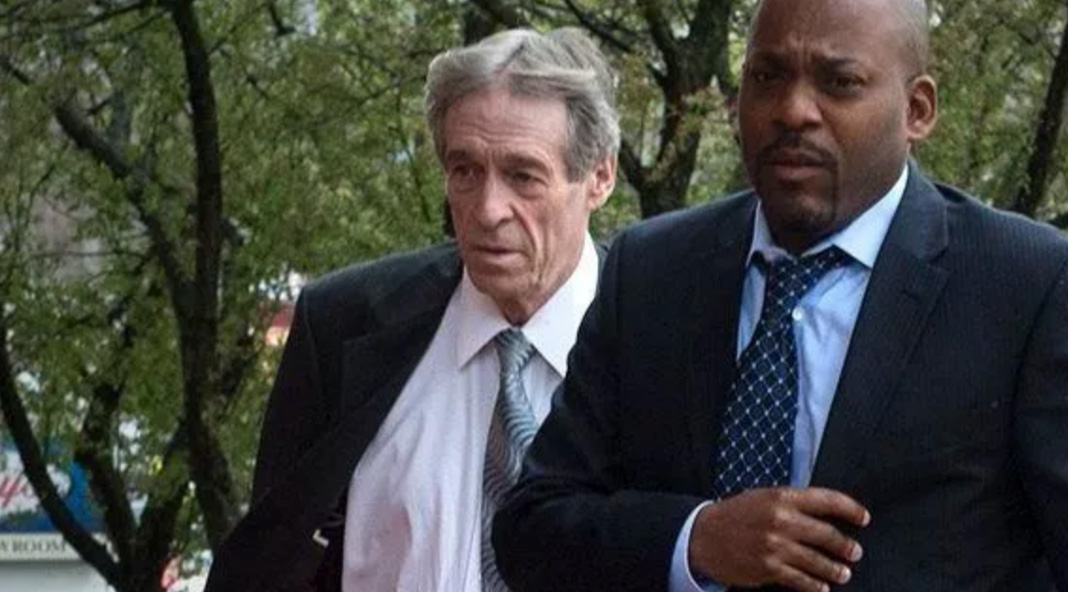The Day
Karen Florin
The sentencing of businessman Bruce Bemer, who faces up to 60 years in prison for sex trafficking of drug addicted and mentally disabled men, will be delayed until at least mid-June so a judge can hear arguments and rule on a defense motion to vacate the guilty verdicts delivered in April by a Danbury jury.
Bemer, 65, of Glastonbury, owner of Bemer Petroleum, the New London-Waterford Speedbowl and other businesses, is free on $1,250,000 in bonds while awaiting sentencing. He stands convicted of four counts of patronizing a trafficked person and one count of accessory to trafficking.
The sentencing, which Superior Court Judge Robin Pavia initially had scheduled for June 6, may now take place on June 14 or June 17, according to prosecutor Sharmese L. Hodge.
Attorneys from the law firm of Barry, Barall & Spinella, who represent Bemer in both the civil and criminal cases, have continued to file a flurry of motions on his behalf, including the motion for judgment of acquittal that Judge Pavia has scheduled arguments for on June 11.
The defense contends that the judge’s instructions to the jury, carefully crafted during the trial with input from the state and from esteemed appellate attorney Wesley Horton on behalf of Bemer, was missing important language.
“My position is that it’s an issue for appeal,” said Hodge, the prosecutor. “To ask the judge to find an immediate error and vacate (the verdict) is an extreme remedy.”
Civil lawsuits against Bemer are moving forward as scheduled, with jury selection scheduled June 4 in Bridgeport for the first of 14 cases.
Filed separately by five different attorneys on behalf of 14 young men, the cases had been consolidated until Thursday, when Judge Barbara N. Bellis granted Bemer’s motion to sever the cases so that his attorneys could prepare adequately. It’s not clear which case will be heard first, though attorney Joel Faxon, who represents nine of the plaintiffs, said it may be one of his clients’ cases.
Bemer has set aside $25 million in assets to cover potential damages in the civil cases, but Faxon contends it’s not enough. Following the guilty verdicts, Faxon wrote to Bemer attorney Ryan Barry to say that, given the developments in the case, the plaintiffs’ attorneys “need access” to Bemer’s flagship business, Bemer Petroleum, which was founded by his parents.
“We can attach the business by agreement — or by force — and it will be granted,” Faxon wrote.
Faxon said in the email that he would add the propane business as a direct defendant in the civil case, “since the owners and management recklessly permitted felonious actions to take place on the property and the business housed the sex ring.” He added that the plaintiffs would consider appointing a receiver for the Bemer businesses, “so that the business assets are not wasted as no one will want to do business with a convicted sex trafficking offender — I am quite confident.”
According to testimony at Bemer’s criminal trial, Bemer paid for sex with young men recruited by sex trafficker Robert King and delivered in groups to Bemer at the Glastonbury office of his propane company, hotels and other locations. Some of the young men were hospitalized or committed suicide as a result of their victimization, according to court documents and testimony.
The manager of Bemer’s Waterford racetrack, which is undergoing renovations, said recently that he expects the track to open in June. He could not immediately be reached for an update on Friday.
